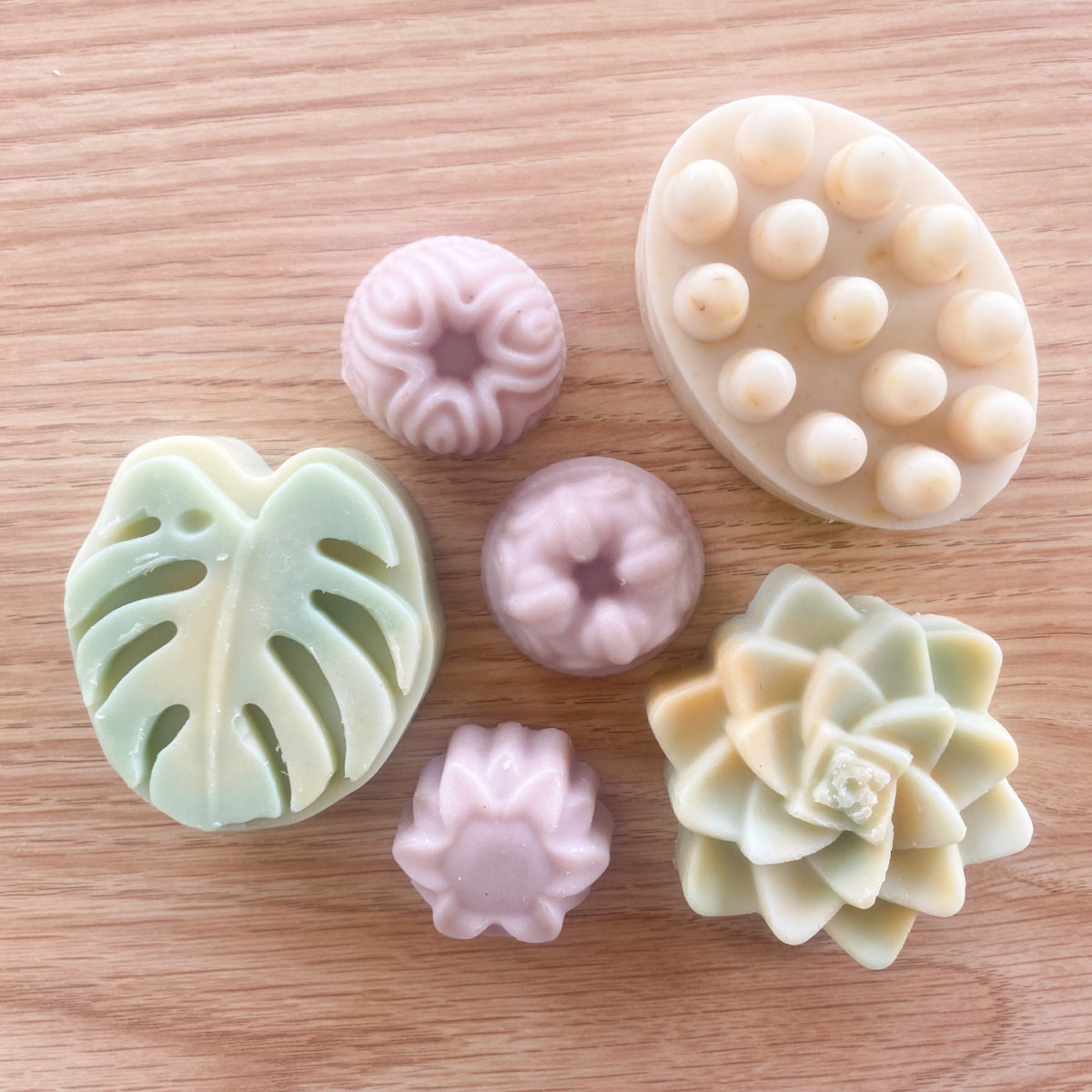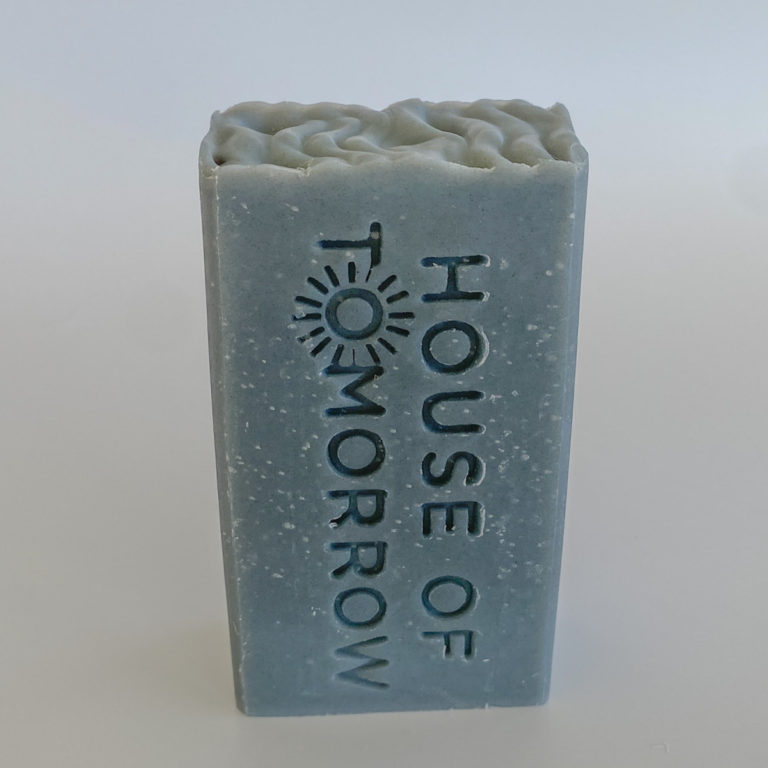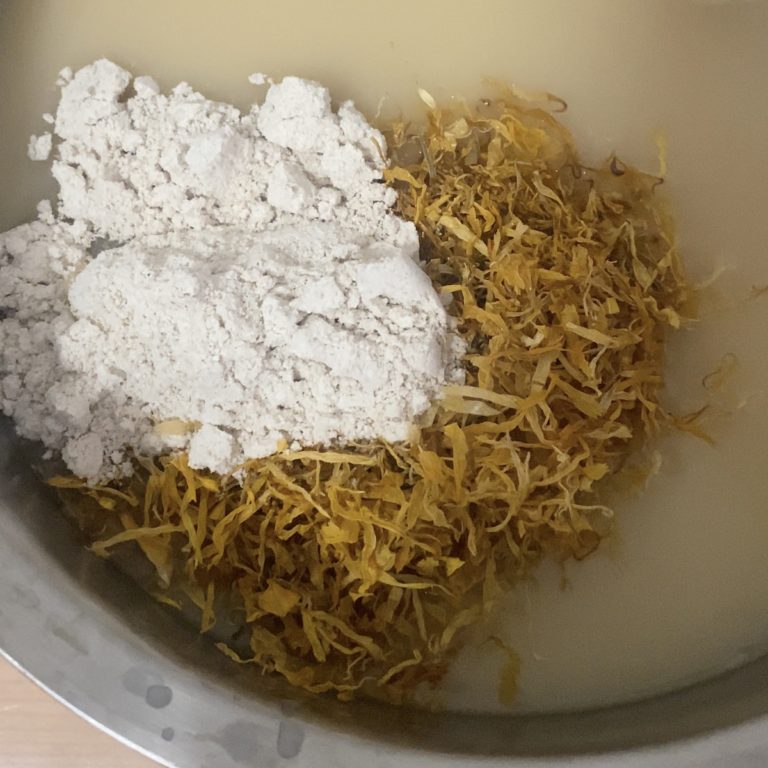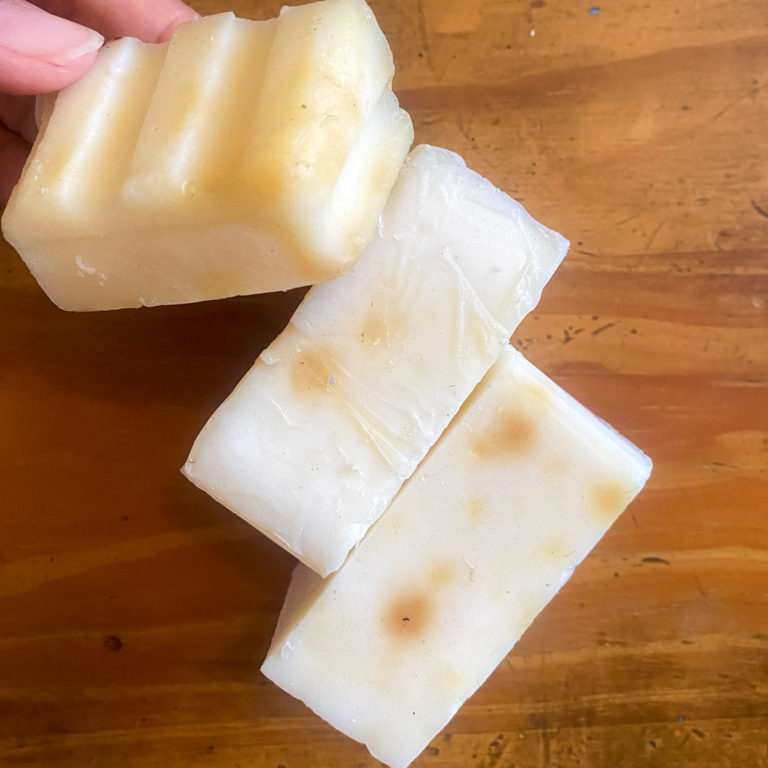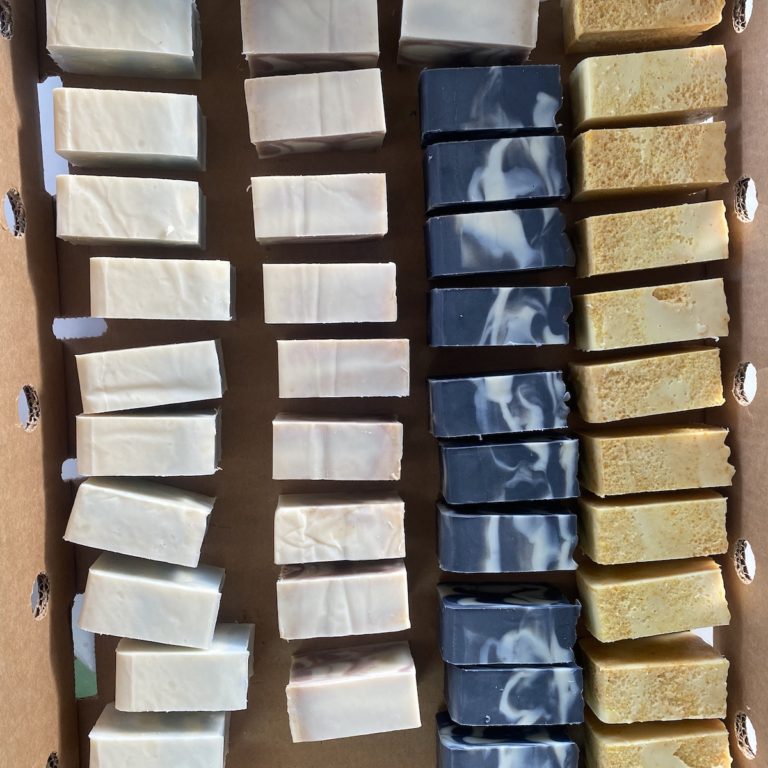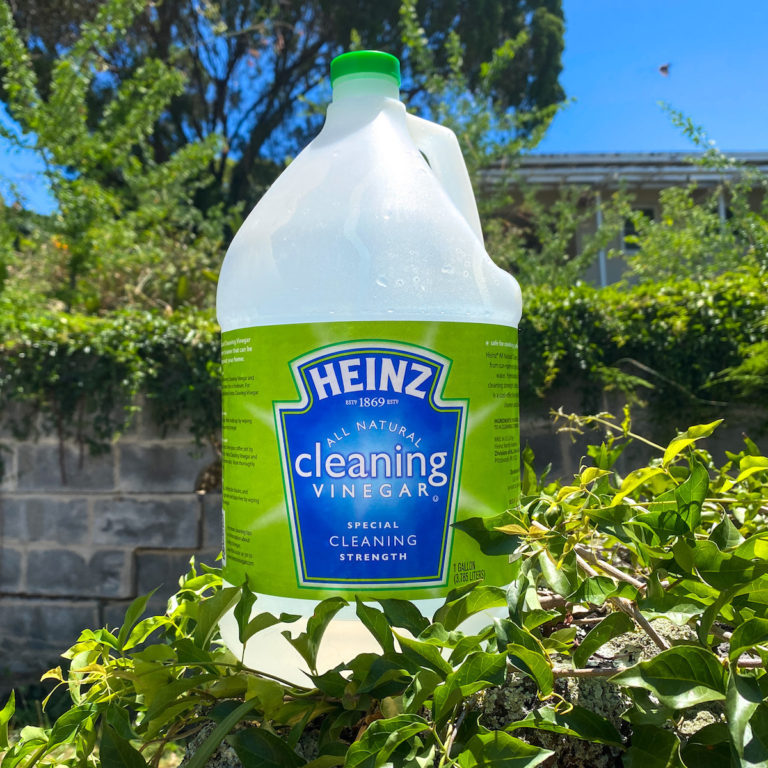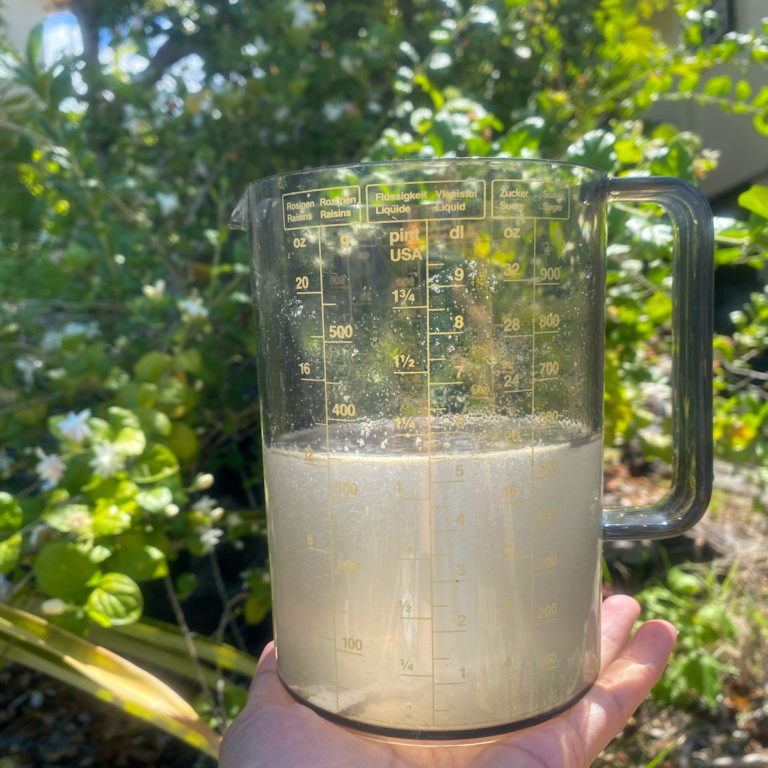Is Soap Making Expensive? A Breakdown of True Costs
Inquiring minds want to know: is soap making expensive? Money is, after all, a limited resource we must learn to manage.
And I know there are plenty of us out there who get excited about an idea and spend way too much money in pursuit of said idea.
Later we find out maaaaybe we shouldn’t have rushed into it after all because maaaaybe we didn’t like it as much as we thought we would. You can probably tell I’m speaking from experience here.
So, what would I, as a soap maker of several years, say if you were to ask me is soap making expensive?
In a nutshell, soap making doesn’t have to be expensive. But it definitely can be if you don’t set some kind of limitation for yourself to prevent yourself from overspending.
The thing is, there will always be some cute new mold to tempt you. And an endless array of essential oils. And luxurious butters and oils that you absolutely must have or you’ll roll over and die. And don’t even get me starting on packaging options.
On the other hand, if you’re disciplined and careful with your money, and practice resourcefulness, soap making can actually be a fun way to save money, or even make money.
For example, using DIY molds and bulk-buying your ingredients are small steps towards preventing your hobby / hobby-business from costing a small fortune.
The rest of this article will take a detailed look at the costs involved in soap making, from the supplies to the production process. Insight will also be given into how much a business-sized soap batch can cost, as well as tips on saving money while soap making.
Breakdown of Costs
The cost of soap making depends entirely on the process and equipment you’ll use and how luxurious or basic your recipe is in terms of your range of ingredients. So let’s take a look first of all at the most basic costs.
Basic Soap Making
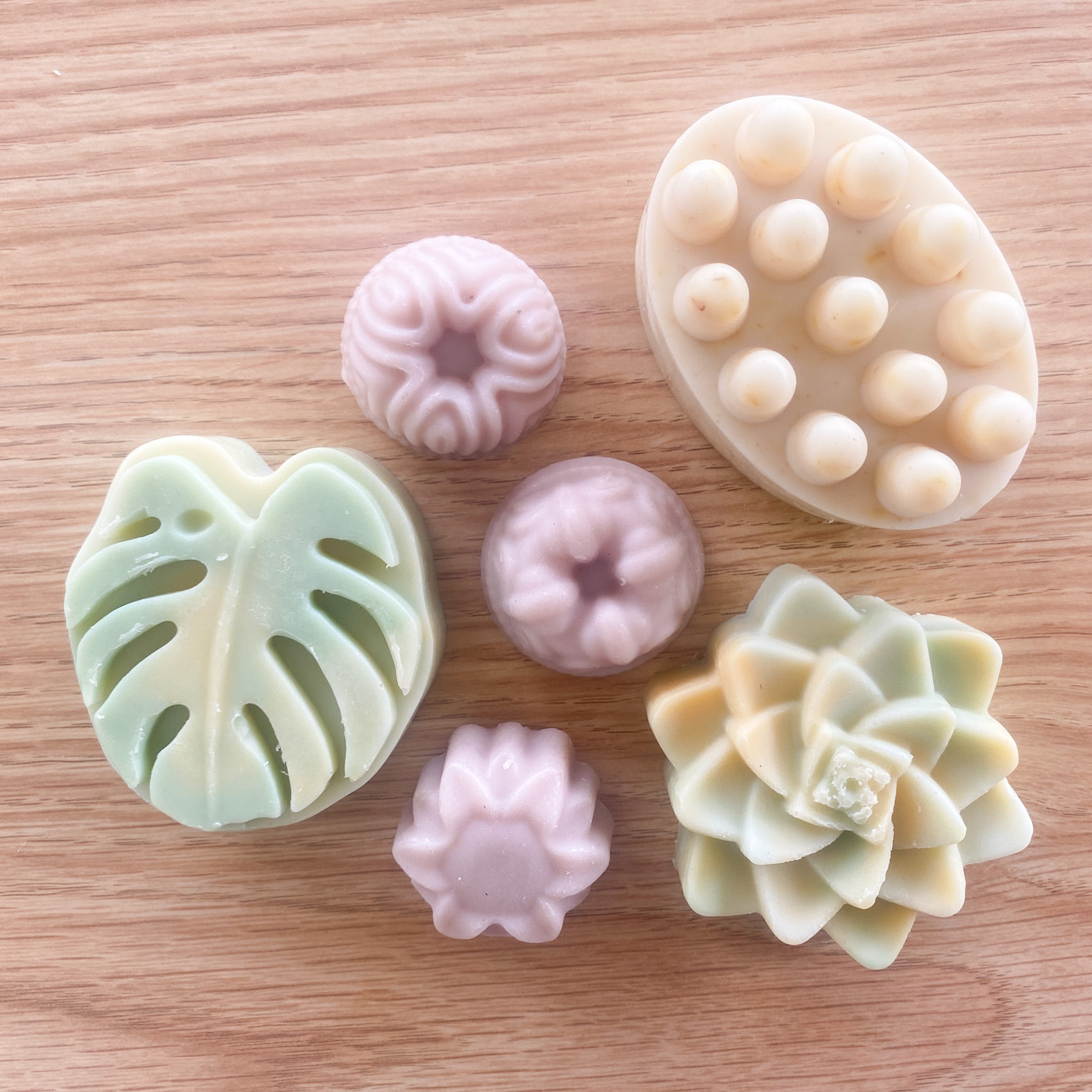
If you simply want to make unscented bars of soap that do the job, then you only really need a modest assortment of supplies and simple tools to get you started.
I’ll bet you already have some things in your kitchen, like olive oil or an old stick blender, that can be used for making a personal batch.
Assuming you already have some of the equipment and ingredinets you need, I’d estimate that many new soapers can expect a $50-70 investment to round out their arsenal and started.
Here’s a quick rundown of the average costs you can expect from some essential soap making tools and ingredients:
Tools/Equipment
| Tool | Qty | Est. Cost |
| Soap Mold (or find something suitable around the house that acts like a mold) | 1 | $15 |
| Stick Blender (or just mix by hand and grow awesome muscles on your dominant arm) | 1 | $20 |
| Digital Kitchen Scale | 1 | $25 |
| Heavy-duty Stainless Steel OR Plastic (#2 or #5) Mixing Bowl | 1 | $8 |
| Lye-safe plastic container or cup (#2 or #5) | 1 | $3 |
| Strainer | 1 | 3 |
| Safety Goggles | 1 | $10 |
| Silicone Spatula | 1 | $4 |
| Knife to cut soap into bars | 1 | $3 |
| Infared thermometer | 1 | $14 |
| Total: $105 |
Ingredients
| Ingredient | Qty | Avg Cost |
| Lye (Sodium Hydroxide) | 1 | $10 per lb |
| Oils (Olive, Coconut) | 1 | $4-15 per bottle |
| Distilled Water | 1 | $2 per gallon bottle |
| Total: $16.00 |
Please note that the costs you see above don’t equal 1 batch or bar of soap. The tools can be used over and over until they break, and the ingredients should last for several batches.
I simply calculated it this way since this is how you would get an idea of what to expect as an upfront investment.
Is Soap Making Expensive If I’m Making Fancier, Scented Soaps?
Honestly, fancy soap costs more money to make. I’m sure that’s no surprise to you.
Here’s a look at how much industry-standard tools, scents, and added extras might set you back:
Tools/Equipment
| Tool | Qty | Avg Cost |
| Wooden Soap Cutter | 1 | $30-50 |
| Spice or Coffee Grinder (for grinding dried flowers & herbs etc.) | 1 | $30 |
| Soap Stamp | 1 | $15-20 |
| Swirl Hanger | 1 | $5 |
| Chopsticks and spoons to design soap top | 1 ea | $3 |
| Total: $83.00 |
Ingredients
| Ingredient | Avg cost |
| Shea Butter (1 lb/ 453.5 g) | $12.95 |
| Cocoa Butter (1 lb/ 453.5 g) | $15 |
| Mango Butter (1 lb/ 453.5 g) | $12.99 |
| Essential Oils | (Per oz) |
| Bergamot | $10.05 |
| Lavender | $5.79 |
| Lemongrass | $4.89 |
| Rosemary | $6.25 |
| Patchouli | $17.71 |
| Orange | $4.15 |
| Peppermint | $7.69 |
| Additives & Colorants | |
| Activated Charcoal | $12.99/lb |
| Powdered Turmeric | $14.99/lb |
| Alkanet Root | $10.99/3.5oz |
| Red Iron Oxide (cosmetic grade) | $3.95/oz |
| Ultramarine Blue (cosmetic grade) | $4.25/oz |
| Yellow Iron Oxide (cosmetic grade) | $3.95/oz |
| Chromium Oxide Green (cosmetic grade) | $4.35/oz |
| Brown Iron Oxide (cosmetic grade) | $3.95/oz |
| Total: $156.89 |
While even the supplies and ingredients needed for fancier soaps aren’t likely to break the bank, costs can quickly add up. You might need to factor in shipping costs for some of these items as well.
Is Soap Making Expensive If I Run This As A Business?
There’s a world of difference between making a few handmade soaps for your friends and family and making regular batches of the stuff for paying customers. So let’s take a quick look at how expensive soap making works out once you start producing them to sell.
Self-proclaimed ‘Soap Queen’ and CEO of Bramble Berry Soap, Anne-Marie Faiola, sets out a great example of what a typical batch costs if you bulk-buy your ingredients upfront. Let’s assume you are using a 5-pound soap mold that holds around 76 ounces of your soap recipe. Cutting this 76-ounce batch into 3.8-ounce bars will generate 20 bars in total, so the itemized cost of the formula will look something like this:
| Ingredient | Usage in 76 oz batch (51.99 oz oils) | Price per oz | Bulk-buy price | Cost per 76 oz batch |
| Olive Oil | 17.33 oz | $0.1925 | $107.80 (560 oz) | $3.34 |
| Sustainable Palm Oil | 17.33 oz | $0.0968 | $54.25 (560 oz) | $1.68 |
| Coconut Oil | 17.33 oz | $0.1187 | $66.50 (560 oz) | $2.06 |
| Essential Oil of your choice #1 | 1.55 oz | $4.15 | $49 (16 oz) | $4.75 |
| Essential Oil of your choice #1 | 1.55 oz | $7.69 | $115.20 (16 oz) | $11.16 |
| Non-bulk prices | ||||
| Lye | 7.51 oz | $0.37 | $10/lb | $4.69 |
| Distilled Water | 17.16 oz | $.0078 | $2/gallon (128 oz.) | $0.27 |
Going by this example, each batch will cost approximately $27.95 to make, meaning each bar of soap will cost around $1.40. You may start with a more basic formula for your soap recipes to keep initial costs down before adding in more luxury essential oils as you go.
Depending on various factors, you could be investing $300 or more into your soap making startup.
How to Cut Costs While Soap Making
While you can’t escape the steep costs of essential oils and must-have equipment with your soap making, you can still make show-stopping soapy creations by employing some of the following hacks here and there:
- Use recycled molds. Soap molds needn’t be made from silicone or wood when all you need to achieve a soap bar ‘shape’ is a sturdy container. Think old milk cartons, cereal boxes, or yogurt pots. Check out this recycled mold tutorial to see how I turned an old tofu container into a great no-cost beginner mold.
- Opt for cheaper oils. Canola, rice bran, and sunflower oil are good low-cost oils to learn with.
- Budget shelving. Instead of decking out your soap maker’s studio with specially carved shelving units to hold your soap bars, upcycle an old bookshelf to use as your drying/curing rack.
- Regular knife vs. multi-cutter. Until you have the budget for a pricey multi-bar cutter to create a uniform-looking batch, any sharp knife will get the job done and can give each bar a distinctive appearance.
Final Thoughts
Handmade soap is a lovely thing. The look, the feel, and (obviously) the smell. These simple pleasures are all good reasons to look into making your own soap for personal use, as a side hustle to generate income, or to give as gifts IF it’s not going to hurt you financially.
Essentially, soap making can be as expensive as you choose it to be. While it’s certainly cheaper upfront to buy soap, your homemade soap can actually you some money if you take advantage of what you already have available to you, and keep your recipes very simple.
Turning a soap making hobby into a fully-fledged business can mean investing in quality molds and various high-end oils and butter to produce more complex soap formulas. Whether for-profit or just for fun, the time and costs devoted to your soap making will ultimately be down to you.

